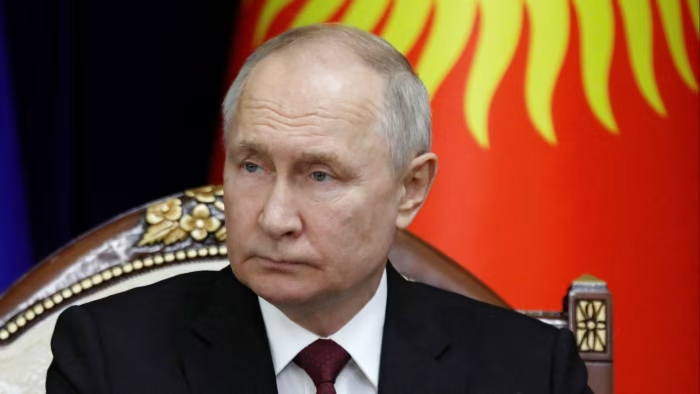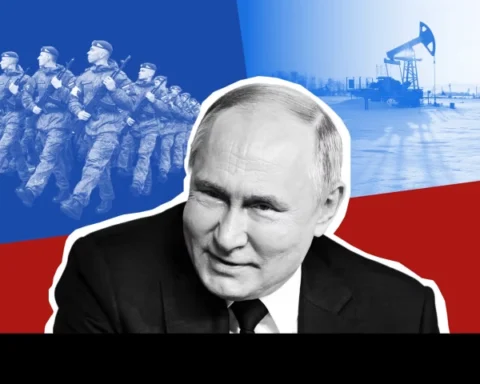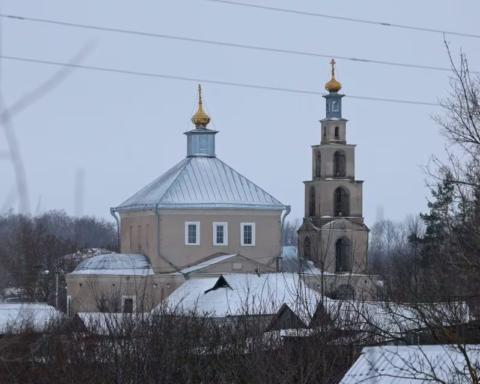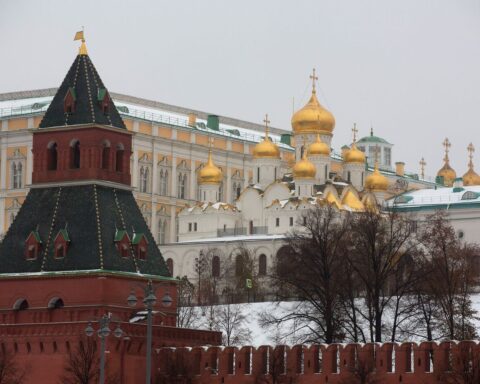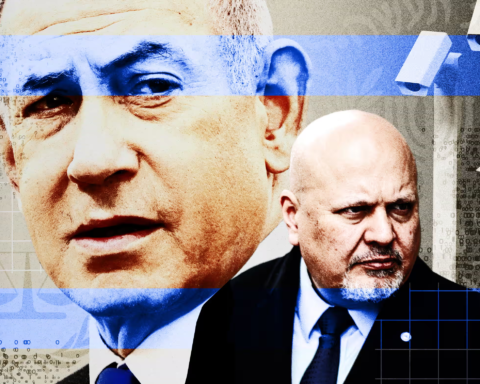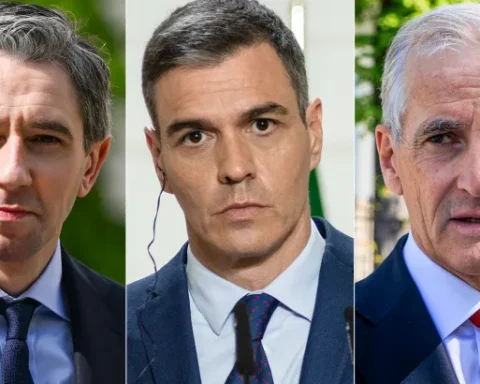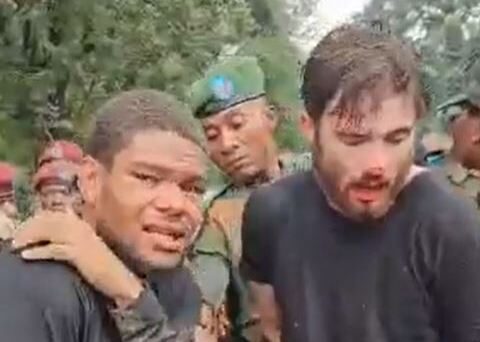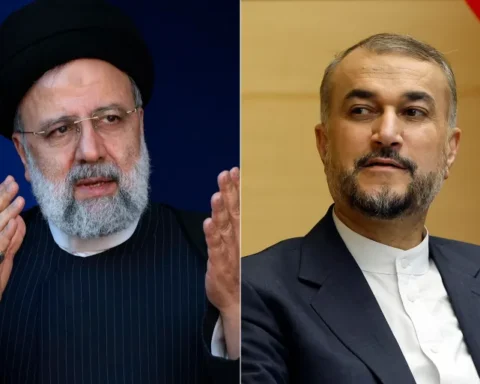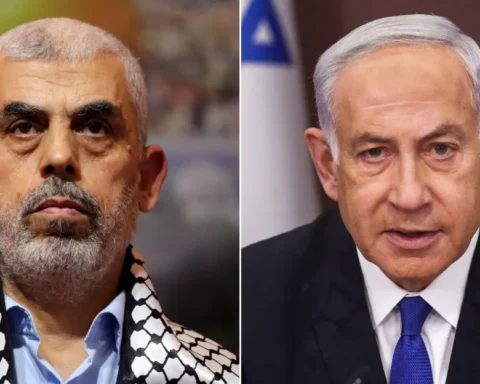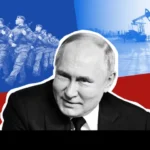The Guardian: In the midst of Gaza’s conflict, Russia, under President Vladimir Putin, sees an opportunity to restore some of its diminished global clout by reengaging in Middle Eastern politics, reminiscent of the Soviet Union’s past influence. A visit by Hamas officials to Moscow on October 26, coupled with the presence of Iran’s deputy foreign minister, signals a potentially coordinated stance among Hamas, Russia, and Iran, sparking concern from Israel.
Russia’s historical involvement in the region dates back to the Cold War when it aimed to counter Western alliances by supporting Arab states with military aid and advocating for Arab causes. Post-Cold War, Russia’s influence in the Middle East waned until the Syrian civil war offered a new avenue for Putin to assert Russia’s relevance, particularly through support for Bashar al-Assad.
Despite Russia’s limited ability to exert superpower-level force or provide extensive aid in the Middle East today, Putin seeks to leverage relationships with regional actors to insert Russia into the peace process, potentially regaining some international status lost due to the Ukraine conflict. Russia’s current role is more about diplomatic maneuvering and advocating for Palestinian interests, rather than direct military involvement. Putin’s strategy may also aim to deflect criticism from the war in Ukraine by focusing on Israel’s military actions in Gaza.
The broader conflict in the Middle East, especially if it escalates, could inadvertently benefit Russia through increased oil prices, although the full impact remains to be seen. Putin’s actions are unlikely to significantly shape the crisis’s outcome, marking a stark contrast to the influence Moscow wielded during its superpower days.
The entire article can be read at the link https://www.theguardian.com/commentisfree/2023/nov/03/war-gaza-putin-russia-middle-east-soviet-union
